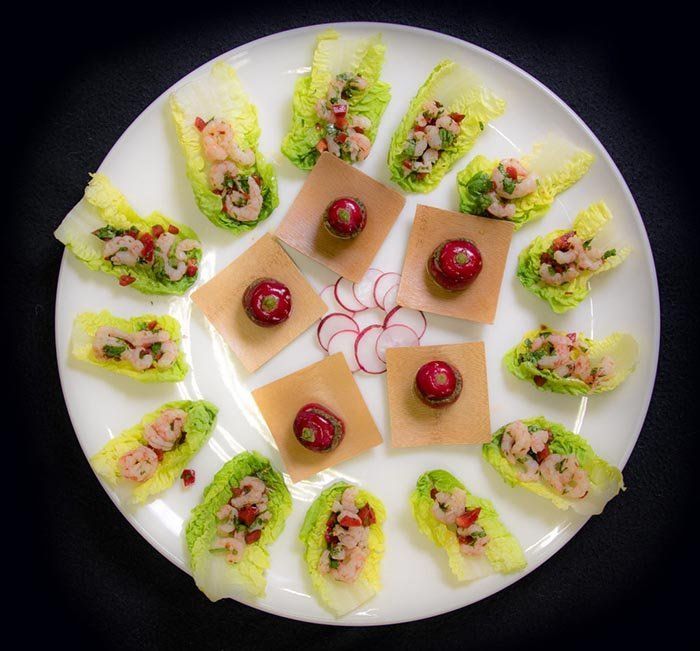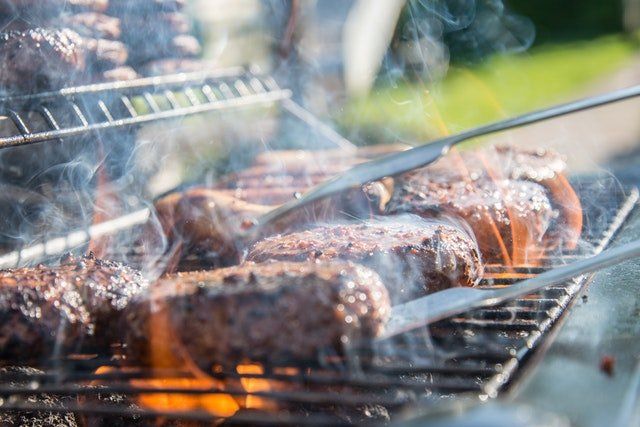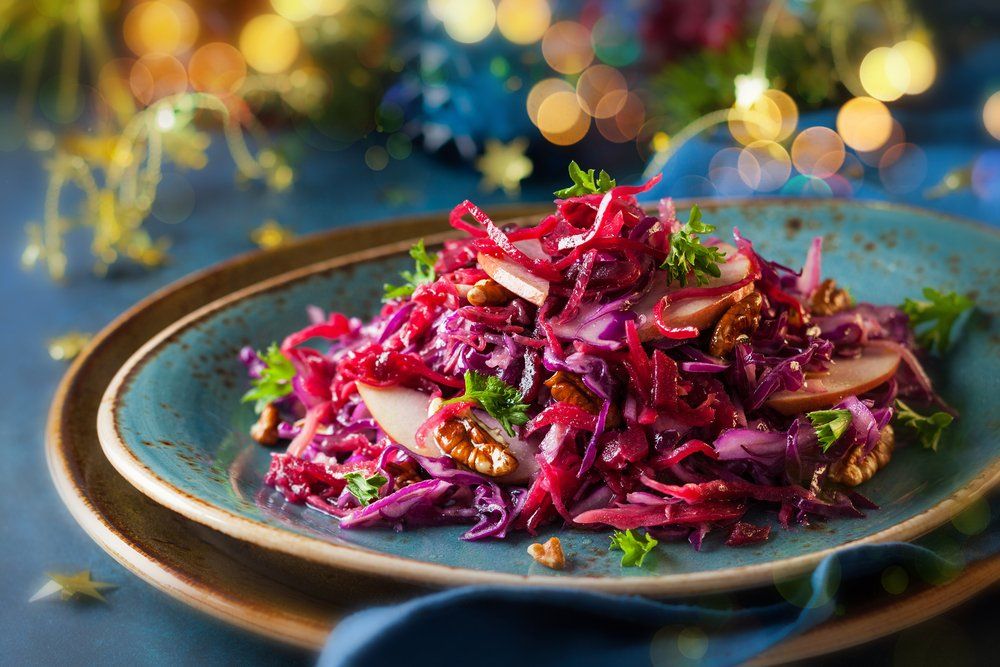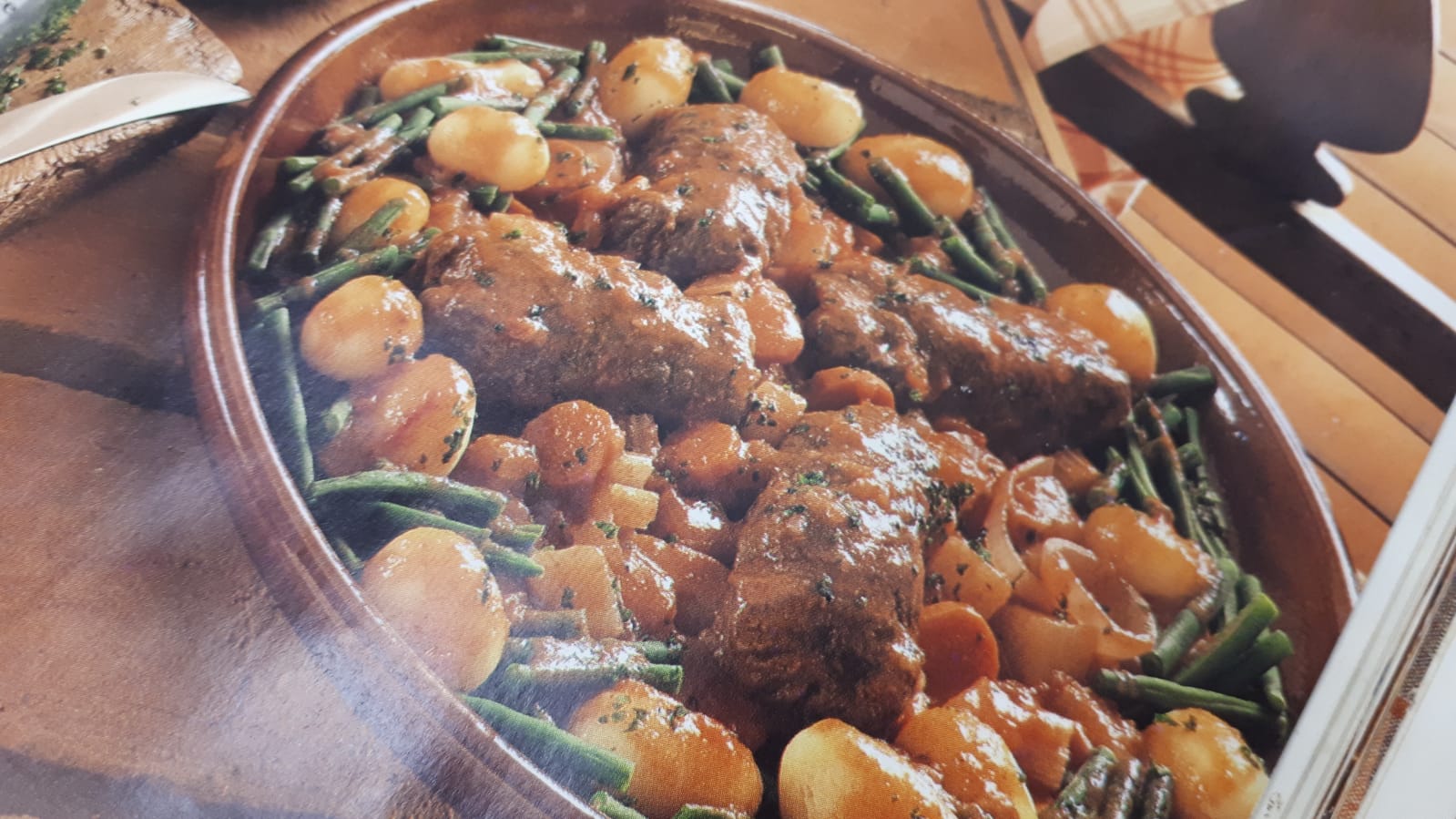What is Organic Food and is it Important to Eat Organic?
- By Sonya Meagor
- •
- 30 May, 2018
- •
The Department for Agriculture and Rural Affairs (DEFRA) defines organic as this on its website:
‘Organic food is the product of a farming system which avoids the use of man-made fertilisers, pesticides; growth regulators and livestock feed additives. Irradiation and the use of genetically modified organisms (GMOs) or products produced from or by GMOs are generally prohibited by organic legislation.
Organic agriculture is a systems approach to production that is working towards environmentally, socially and economically sustainable production. Instead, the agricultural systems rely on crop rotation, animal and plant manures, some hand weeding and biological pest control’.
At eco cuisine we see the value in organic food – for the environment and for economic sustainability too! Why do we use certain organic products for our catering? Well, sourcing fish and meat seasonally is of course possible as the main products of chicken; beef and lamb are available all year round. Plus there is enough fish at all times of year to use in a fish pie or as a main course. The seafood I source is either seasonal fish or MSC (Marine Stewardship Council) registered seafood such as prawns – you can find out more about sustainable seafood from their website if you’re interested.
We always buy seasonally whenever possible but unfortunately to get British fruit and vegetables is just not possible all year round. So if a client really wants peppers, courgettes or aubergines in December then I will look to source organic from another country – but not anything airfreighted and ensuring we are using European produce (Spain, Italy, France). Organic means to me that pesticides haven’t been used and that the growers take the environmental impact of growing seriously. Maybe it’s psychological too but I do think the taste is better by using better produce – most chefs would agree that if you start with a really good product you don’t have to do too much to show it off – letting your produce be the star and not a sauce or heavy accompaniments which might disguise the taste.

Other organic products I prefer are dairy products – milk and cheese for example. You will find that organic feta cheese has much less fluid around it when you use it – making it far easier to crumble into a salad or mix with spinach to make spinach and feta filo rolls without draining it first, thus saving time as well as ensuring a great taste!
There is some evidence that organic food is better for you as foods like fruit and veg retains more vitamins and antioxidants in addition to less pesticide residues and heavy metals. However, let’s not forget the price tag attached to organic food. Though some organic produce isn’t as expensive, it is on average more costly than its non-organic counterparts and this simply isn’t an option for many people.
When seasonal produce is available in this country I do think it’s hard to beat – organic or not…. Asparagus at the moment is fantastic and not always organic but still tastes fresh and lovely, so I’m not advocating organic everything everyday just that I choose what is best in my opinion to give clients the best available within their remit and considering what is available to me.

The Millfield theatre is home to eco cuisine and the events have been held here too for that reason.
OLIO (the food app) and NLWA (North London Waste Authority) CROPDROP (local Haringey boxed fruit/vegetable scheme) plus our very own Sonya Meagor (eco cuisine) are confirmed as our first speakers and we're For each event, we support a North London based charity related to the event theme - for this event we're delighted to collaborate with The Felix Project .
TICKETS
https://www.eventbrite.co.uk/e/sustainable-food-packaging-tickets-61490383392?aff=website


With less than two weeks until Christmas and the holidays nearly upon us, the shops are stocked with delicious festive treats and people are already stocking up on Christmas food fit for a feast or two.
But, just because it is Christmas doesn’t mean we should not consider what is in season and keeping sustainability at the forefront of our minds.
So, what is in season over December and the winter seasons in Britain? Well, thankfully many of the Christmas time favourites are favourites for a reason – they’re traditionally easily grown and sourced in the U.K. over winter. Cabbage, sprouts, potatoes and onions, celeriac, celery and carrots as well as parsnip and swede are all in season this time of year. Not forgetting chestnuts, beef and venison and even guinea fowl too.
So roast dinners with all the trimmings can be environmentally friendly! Of course clementines, pomegranates and dates are seasonal favourites too and these are obviously not sourced locally.
Whatever you buy and eat over the festive season, remember to consciously consume – making informed and conscious decisions about what you buy and eat.
In the lead-up to the Christmas break we enjoy hearty, warming foods, keeping us warm in the cold weather and suitably fuelled over this busy season.
We enjoy Rumbledethumps – for those who haven’t heard of it, it is the Scottish equivalent of bubble and squeak as it is often made with leftovers, though it isn’t usually fried. It is a lovely filling dish served as a side or when served with a nice piece of fish or chicken breast can even be a substantial main meal.
Rumbledethumps
550g large potatoes,
350g swede
60g unsalted butter
250g kale, finely sliced
1 small onion diced
Sprigs of thyme
25g cheddar cheese, grated
Preheat the oven to 180C/350F/Gas 4.
Peel and chop the potatoes and the swede and chop into large chunks. Next, boil in a saucepan tender. Drain and return to the pan.
Heat three quarters of the butter in a pan on medium low heat and cook the kale and the onions for a few minutes, until the kale is tender and onions lightly browned.
Add the kale and onions to the pan with the potatoes and swede then add the remaining butter and mash together. Season, to taste, with salt and freshly ground black pepper.
Place the mashed medley into an ovenproof dish and top with the cheese. Cover with a lid and bake in the oven for about 20 minutes, then remove the lid and continue to cook for a further 15 minutes, or until piping hot and golden-brown on top. Serve with fresh thyme.
What winter dishes keep you going in the lead-up to the Christmas break? Let us know in the comments.








